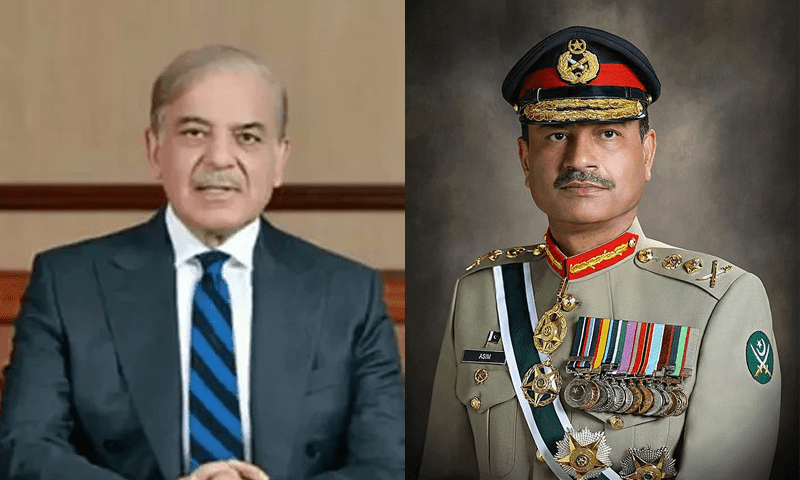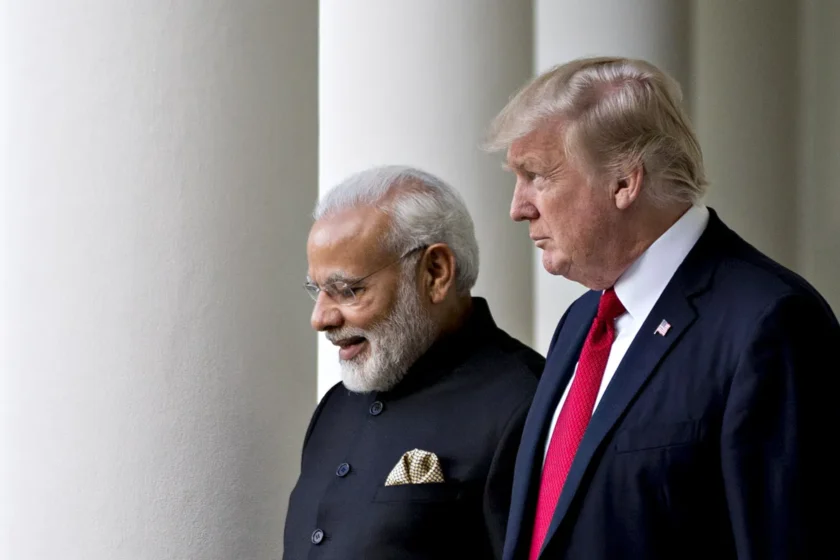Post Views: 255
Islamabad: The drums of a self-proclaimed victory are beating loudly in Pakistan, a cacophony designed to drown out the undeniable echoes of significant military setbacks. In the aftermath of “Operation Sindoor,” launched by India to avenge the brutal killings of 26 civilians in Jammu and Kashmir, the Shehbaz Sharif government appears to be orchestrating a grand delusion for its populace. This desperate attempt to mask profound failures is evident in the unashamed promotion of military officials, culminating in the astonishing elevation of General Asim Munir to the rank of Field Marshal – a post held by only one other in Pakistan’s history, Ayub Khan.
The Prime Minister’s Office (PMO) statement, trumpeting General Munir’s promotion for “Courageous Leadership during Marka-I-HAQ (Operation against India) and Operation Bunyanum Marsoos,” strains credulity when juxtaposed with verifiable facts. Global media reports, consistently validating Indian Armed Forces’ claims, paint a starkly different picture. Operation Sindoor, targeting terror hubs, was a swift and decisive four-day offensive that inflicted heavy losses on Pakistan.
Consider the documented evidence: nine terror headquarters eradicated, eleven airbases bombed, and Pakistan’s vital air defense system – including all Chinese hardware – paralyzed for a staggering 23 minutes. The scale of the aerial attrition is equally damning, with around 800 drones and five fighter jets downed. Furthermore, Pakistani forces reportedly suffered 60-70 casualties before desperately pleading for a ceasefire, even resorting to appeals to the United States and Saudi Arabia.
Yet, in the face of such overwhelming evidence of strategic defeat, the Shehbaz Sharif government has embarked on an aggressive propaganda campaign. The narrative presented to the Pakistani public is one of triumph, a manufactured victory parade designed to save face and project an image of strength. Their claims of bombing Delhi and Udhampur air bases, however, remain unsubstantiated, lacking any corroborating satellite imagery. Their long-range Fateh and Shaheen missiles, boasted as formidable weapons, were reportedly intercepted by Indian Air Defense Systems, rendering them impotent.
This self-aggrandizing campaign, culminating in the showering of promotions, is a dangerous exercise in denial. When a nation’s leadership prioritizes internal perception management over acknowledging grim realities, it jeopardizes future strategic planning and public trust. Pakistan’s decision to escalate India’s retaliatory anti-terror operation into a full-blown military conflict, only to suffer such comprehensive losses, underscores a significant miscalculation. The promotion of General Munir, while framed as a recognition of bravery, tragically exposes the government’s desperate attempt to rewrite history. True leadership in the face of defeat involves accountability and introspection, not the fabrication of heroic narratives. As Pakistan lives in this self-created bubble of victory, the international community, armed with verifiable reports, can only observe a nation grappling with a profound disconnect between its internal narrative and external realities. The question remains: how long can a government sustain a delusion before the weight of truth inevitably brings it crashing down?










